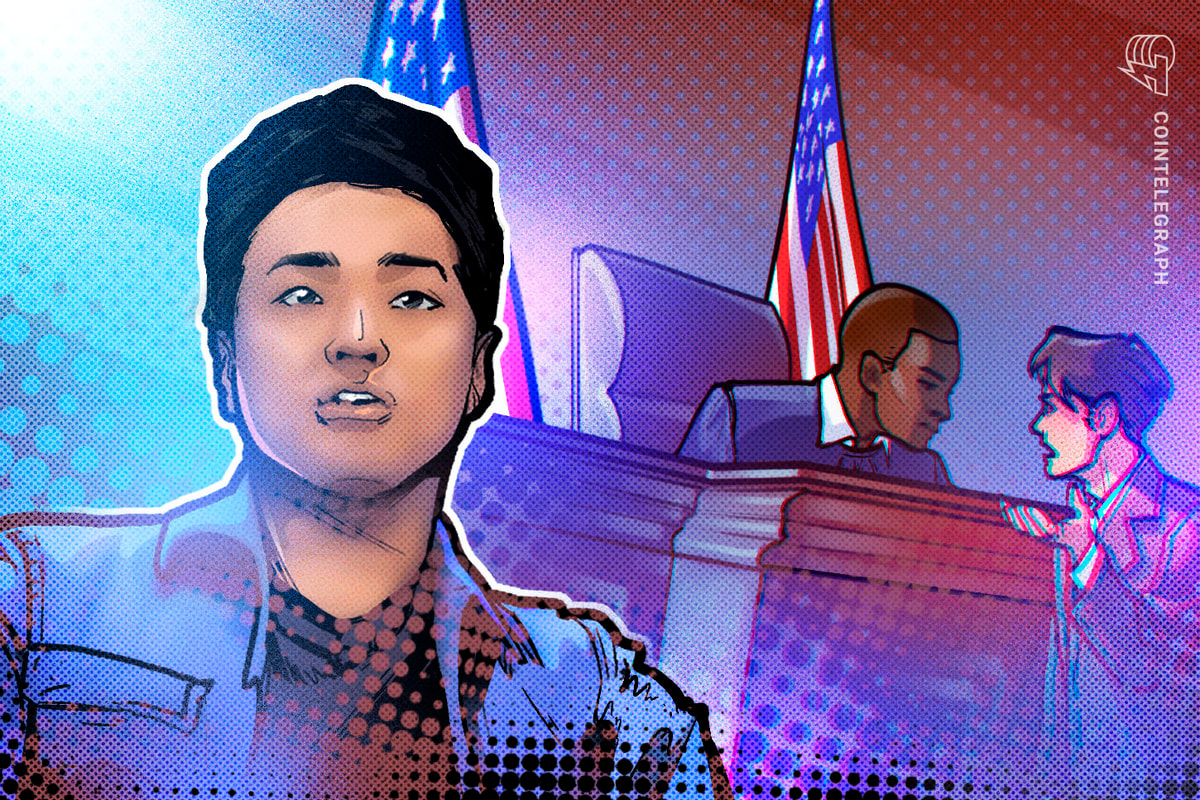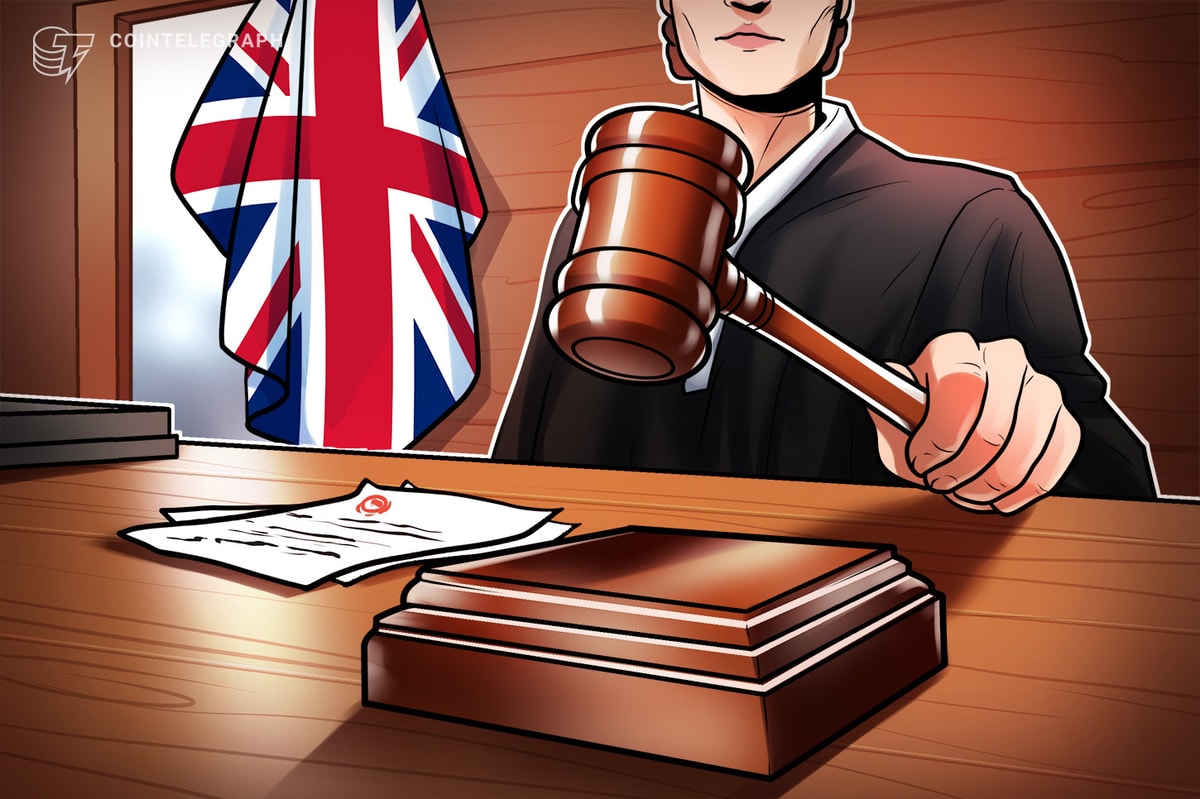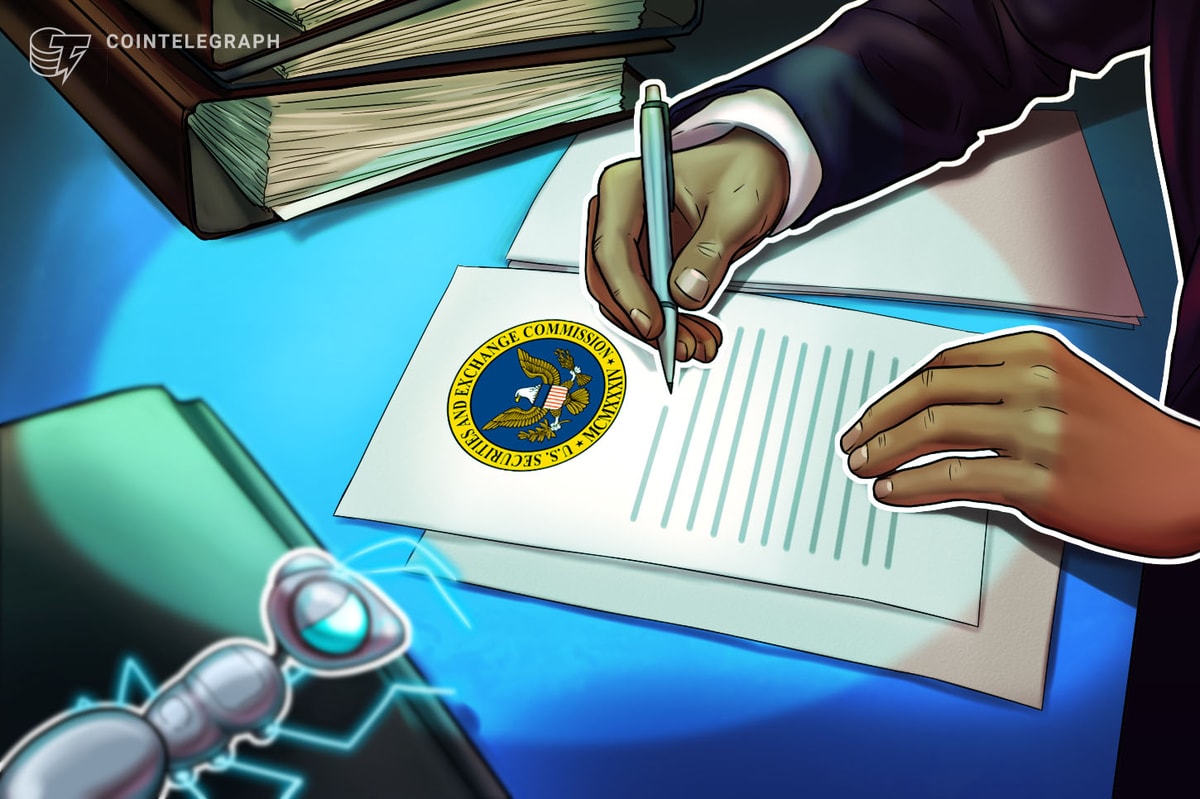
The inquiry seeks information and comment on issues related to the content AI produces and how policy makers should treat AI that imitates or mimics human artists.
News
The United States Copyright Office issued an official request for comments and notice of inquiry on copyright and artificial intelligence (AI) in the Federal Register on Aug. 30.
The Copyright Office issued a notice of inquiry in the Federal Register seeking public comment on questions about copyright law and policy issues raised by AI systems. Initial comments are due by October 18, 2023. Reply comments are due November 15, 2023. https://t.co/fNiHB1W7SI pic.twitter.com/3vNBRNxGJj
— US Copyright Office (@CopyrightOffice) August 30, 2023
According to the filing, the Copyright Office is seeking “factual information and views” on copyright issues raised by recent advances in generative AI models such as OpenAI’s ChatGPT and Google’s Bard.
In a press release sent via email from the Library of Congress and viewed by Cointelegraph, the U.S. Copyright Office stated:
“These issues include the use of copyrighted works to train AI models, the appropriate levels of transparency and disclosure with respect to the use of copyrighted works, the legal status of AI-generated outputs, and the appropriate treatment of AI-generated outputs that mimic personal attributes of human artists.”
Those interested in commenting during the official inquiry period will have until Oct. 18 to do so.
The request comes during a tumultuous time for the AI industry with regards to regulation in the U.S. and around the world. While the EU and other territories have enacted policies to protect citizen privacy and limit how corporations can use, share, and sell data, there’s been little in the way of regulation concerning the use of copyrighted material to train or prompt AI systems.
Related: British MPs call on government to scrap AI exemptions that hurt artists
As Cointelegraph reported previously, the media industry is grappling with how to deal with the emergence of AI systems capable of imitating the work of creators and artists. The New York Times and other news agencies have taken steps to block web crawlers from AI companies seeking to train their models on their data.
Artists such as comedian Sarah Silverman and authors Christopher Golden and Richard Kadrey have sued OpenAI for allegedly training AI models on copyrighted work without the consent of the owners or creators.
Beyond copyright issues, there are also concerns related to AI involving misalignment (the idea that the machines could have objectives that clash with the wellbeing of humanity) and the mass proliferation of misinformation.
The U.S. government has held a series of meetings with stakeholders in the AI community, with the next, a closed-door meeting between Senator Chuck Schumer and Tesla CEO Elon Musk, Alphabet CEO Sundar Pichai, OpenAI CEO Sam Altman, and Microsoft CEO Satya Nadella, slated for Sep. 13.







